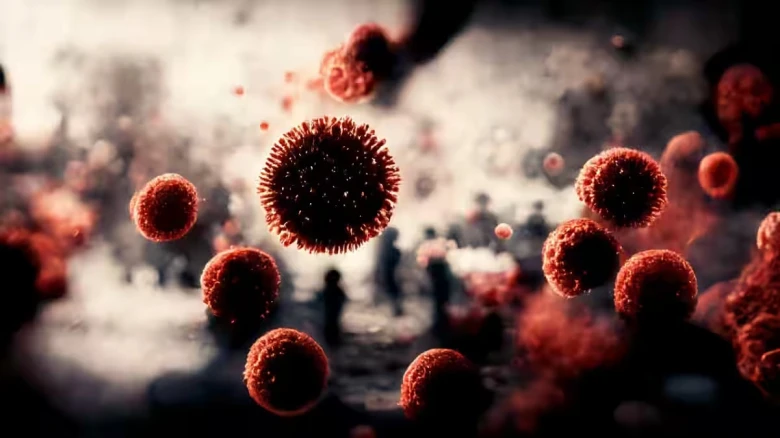Authorities are urgently working to prevent the outbreak through heightened surveillance, public awareness campaigns...
Digital Desk: A rare and deadly disease caused by a "flesh-eating" bacteria is spreading rapidly in Japan, especially in Tokyo. Within 48 hours of infection, streptococcal toxic shock syndrome (STSS), an acute disease, can be fatal. Reports indicate that the outbreak has escalated significantly in 2024, with alarming statistics highlighting its severity.
According to the Asahi Shimbun, Tokyo alone has reported 145 cases of STSS in the first half of the year. This affliction primarily targets adults over 30 years old and has a mortality rate of approximately 30%, underscoring its lethal nature. Nationwide, Japan has recorded a staggering 977 cases as of early June, surpassing last year's total.
STSS stems from Group A Streptococcus (GAS), a bacterium more commonly associated with minor infections like strep throat in children.
However, certain virulent strains can trigger rapid and severe symptoms including excruciating limb pain, swelling, high fever, and plummeting blood pressure. In severe cases, tissue necrosis, respiratory distress, multiple organ failure, and death can occur within a shockingly brief period—often within 48 hours from onset.
Ken Kikuchi, an infectious disease expert from Tokyo Women’s Medical University, described the harrowing speed at which the disease progresses: "As soon as a patient notices swelling in the foot, it can expand to the knee by noon, and they can die within 48 hours."
The World Health Organization (WHO) has noted a concerning trend across multiple countries in Europe, where cases of invasive GAS infections, including STSS, have surged following the easing of COVID-19 restrictions. Experts fear that Japan's current trajectory could lead to 2,500 cases by year-end with a mortality rate that Kikuchi labeled as "terrifying."
Authorities are urgently working to prevent the outbreak through heightened surveillance, public awareness campaigns, and enhanced medical interventions. Vigilance and rapid response are crucial in mitigating the impact of this deadly disease on the population of Tokyo and beyond.

Leave A Comment